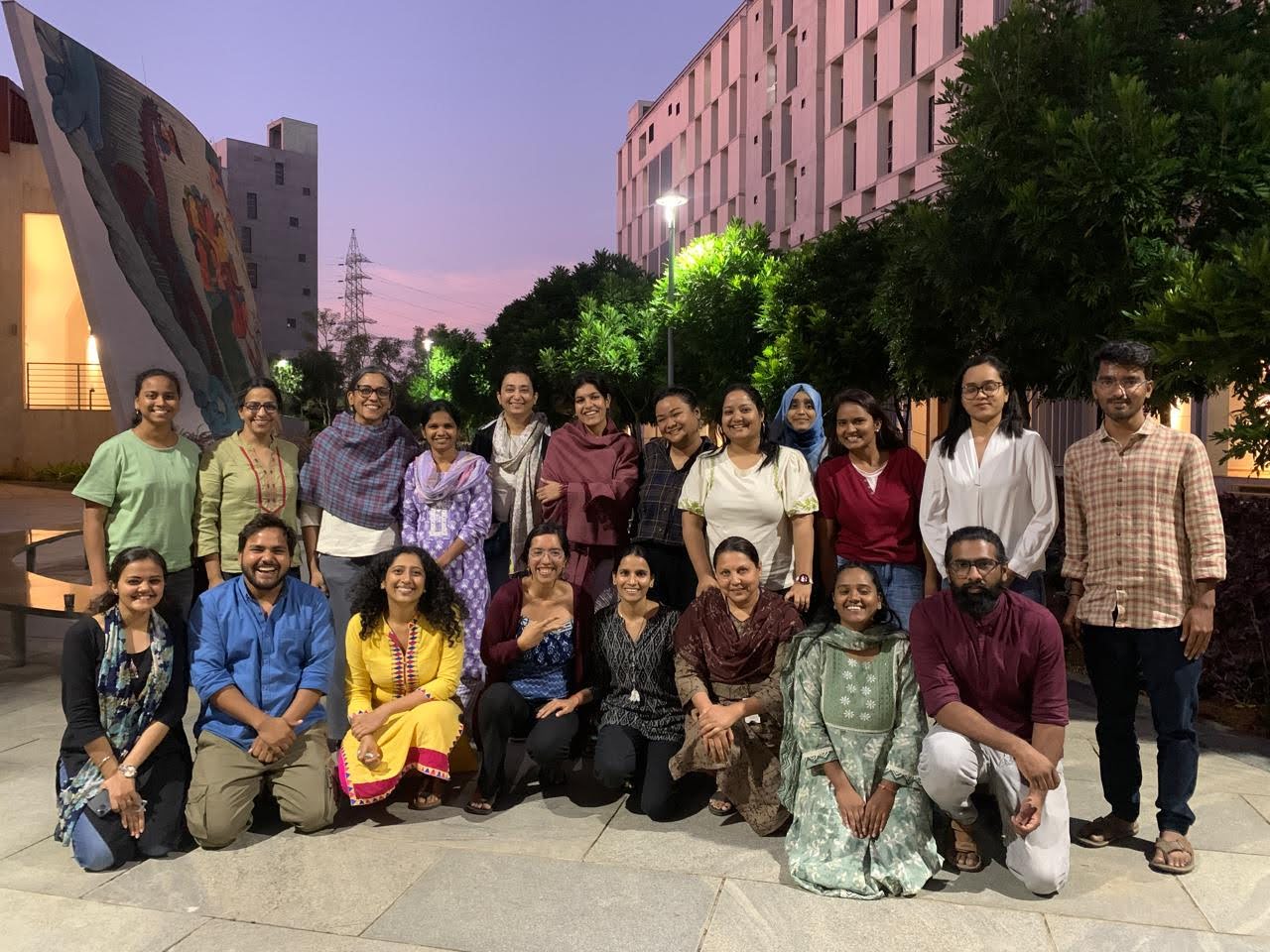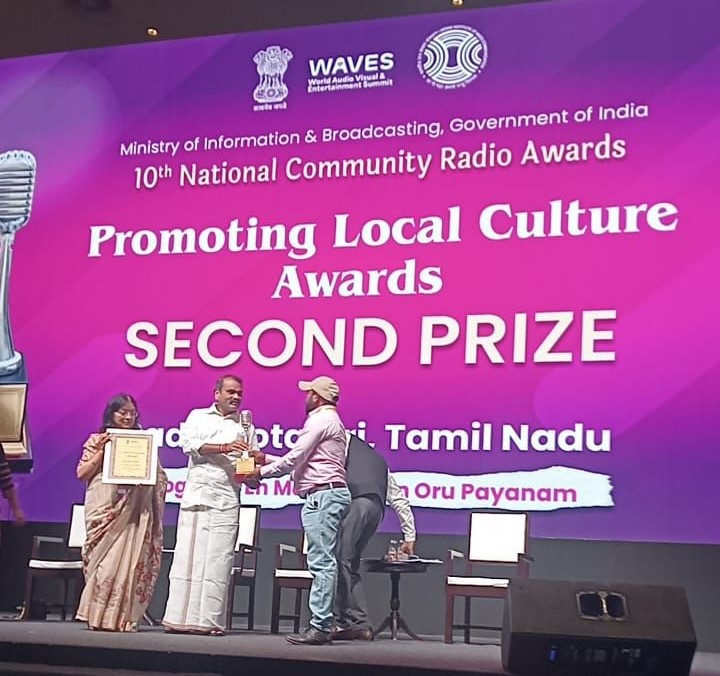By Gunashekar M., Technical Coordinator, Climate Change
Why I took this course
The Research for Social Action certification course, offered by Azim Premji University in Bangalore, is a 2.5-week residential program that explores social science perspectives on research and their linkages to social action in areas such as policy, programs, and collective initiatives.
I wanted to take this course to better understand the crucial role that research plays in driving social action. As someone interested in addressing social issues, I realized that effective action requires more than good intentions—it needs a solid foundation of evidence. This course has equipped me with the knowledge and skills to apply research methods to real-world challenges, helping me turn theory into impactful, actionable insights.
Research and Action: A Symbiotic Relationship
The course made it clear that research is not just an academic exercise—it’s an essential tool for driving social action. I learned how research informs every step of the process, from observation and baseline assessments to designing interventions and evaluating impacts. Through case studies like MYRADA’s SHG formation and CRT’s waste management, I saw how research shapes successful action plans.
Exploring Research Paradigms
I explored different research paradigms that shape how we view and address social issues. The positivist, interpretivist, critical, and subaltern approaches each offer unique ways of understanding and engaging with communities. The course emphasized how the researcher’s positionality impacts the choice of approach, whether through qualitative or quantitative methods.
Practical Research Design and Methods
I gained hands-on experience designing research by selecting relevant questions, identifying appropriate methods, and choosing study designs such as cross-sectional, longitudinal and comparative studies. I practiced both qualitative methods (like interviews and focus groups) and quantitative methods (such as survey schedule designing and descriptive statistics) to create well-rounded research findings.
Ethical Considerations
One of the key takeaways for me was the importance of ethics in research. The course highlighted different ethical frameworks, like utilitarianism, deontology and communitarianism, and how they guide decisions in managing data and safeguarding participants.
Conclusion
Overall, the course has provided me with a strong foundation in research methods, ethical considerations, and how to integrate research into social action. This experience has enhanced my ability to contribute to meaningful, research-driven change in my work.
Credits:
ChatGPT, for helping me structure and refine the content of this article.


















